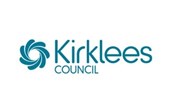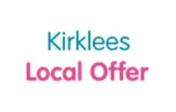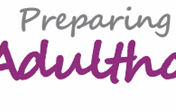Education and employment - what happens and when?
Education
Transition planning and preparing for adulthood should start at year 9. All annual reviews should focus on the young person's aspirations and ideas for their adult life and how these can be met.
This is an opportunity to look beyond educational needs and to include wider aspects of life such as:
- health needs,
- personal and social development,
- training and employment,
- transport and independent travel,
- housing and leisure
It is the responsibility of the school to make sure that the young person, their family and other agencies are informed in good time about the planned annual review meeting and that it will have a focus on transition planning so they can prepare in advance.
Health
It is important the key health professionals involved in the young person's life attend the year 9 review and start discussing with the young person and their family when the key health service provision changes, from children to adult health services, will occur.
Social care
The disabled children's team will take the lead role in attending year 9 reviews for all young people known to them and will also represent adult social care, providing a range of adult services information to individuals and parents if they wish to receive it at this point.
The review meeting should result in a transition plan which records the actions needed to help the young person achieve their short and long term goals.
Who else is involved?
The key roles involved in the transition process at this stage are:
- Lead practitioner - acts as a contact point and provides additional support as required by the young person and or their family, makes sure assessments and other documents are completed by all agencies and keeps a detailed record of all activity.
- Special educational needs team - makes sure that EHC plans are completed with the young person and their family.
- Disabled children's team - works with the specialist adult pathway team to assess and review the social care needs of the young person and their family.
- Health transitions - are the most complex and often involve lots of people; a person centred approach is taken based on the specific circumstances of the young person. A health lead professional will be identified as a single point of contact who will liaise with other health professionals.
-
Careers Service - For careers information, advice and guidance contact C+K Careers through their CHAT service. The Chat service is available Monday to Friday, between 10am and 4pm, call 01484 213856, email chat@ckcareers.org.uk or use Facebook messenger, find them at @CKCareers.




